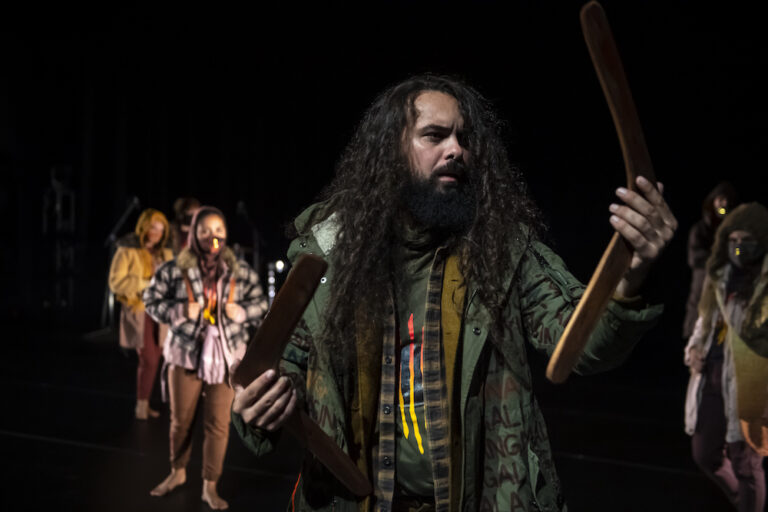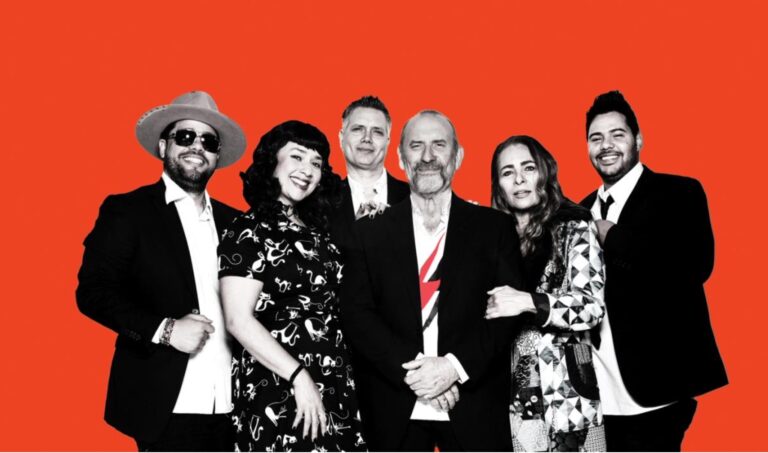

BY ANDREW BARCLAY
Marrickville councillor Sylvie Ellsmore will contest the crucial Labor seat of Sydney against popular local member Tanya Plibersek, who has withstood a sweeping change in voting preferences in inner-city areas – for now.
Ms Ellsmore will campaign largely on local issues she told City Hub, although it is expected Ms Plibersek, the deputy leader of the Opposition, will retain the seat.
“I’m looking forward to campaigning with the community to defeat WestConnex, to achieve affordable housing for our city, to implement genuine solutions for climate change, and to put an end to the heartless and inhumane treatment of refugees,” she said.
Experts say the campaign for the seat follows the national trend towards progressive inner-city voting and will be fought on federal issues.
University of Sydney political scientist Stewart Jackson said there was no doubt Labor would hold the seat, but that the contest highlights the increased competition between Labor and the Greens for inner-city voters.
Dr Jackson said federal issues including asylum seeker policy, climate change and marriage equality – not local matters — would be key in the coming election, tipped for September or October.
“Westconnex will play a role for certain voters, but this will be mainly about federal issues,” he said.
Ms Plibersek’s personal popularity is central to Labor’s retention of Sydney, given the party has already lost former strongholds in Melbourne and the New South Wales state electorates of Balmain and Newtown and Sydney.
Traditionally a safe Labor seat, Melbourne was held by the party for 106 years from 1904 to 2010, until Greens candidate Adam Bandt secured victory over the Labor candidate. Bandt then retained his seat at the 2013 election.
Labor has held the seat of Sydney since its creation in 1969, and Ms Plibersek since 1998, securing a near two-thirds two-party preferred vote at the last federal election.
Dr Jackson said the Sydney electorate would only come up for contention when Ms Plibersek retires, citing Hobart.
“Like the seat of Hobart, when a long-time member retires, people reassess their affiliations,” Dr Jackson said.
The progressive nature of the seat has led Ms Plibsersek to take different positions to that of her party, including voting against opposition leader Bill Shorten on asylum seeker policy.
The issue also flared up again last week last week when Ms Plibersek spoke out against her party for keeping children in detention.
Ms Plibersek said her electorate wanted a progressive government who would take real action on climate change and marriage equality.
“What I want for the people of Sydney is what I want for all Australians - a country with both a strong economy and a fair society – where everyone can get great education and healthcare, where you can get a job, and afford to live a good life,” she told City Hub.
“And that’s what I can help deliver for the local community as part of a Labor Government.”
Yet, Sydney isn’t the only inner-city seat that will see increased attention at the next election after federal redistribution changed the complexion of Grayndler. The seat gained Balmain and Rozelle while parts of Marrickville have been transferred to Barton.
The seat now covers most of two state seats currently held by the Greens, though analysis from the ABC has shown that based on 2013 Federal election results, Grayndler would remain a Labor seat and the Greens would finish third.
There had been speculation that long time Grayndler MP Anthony Albanese would move to Barton to ward off the Greens at the next election, yet that now seems unlikely.









